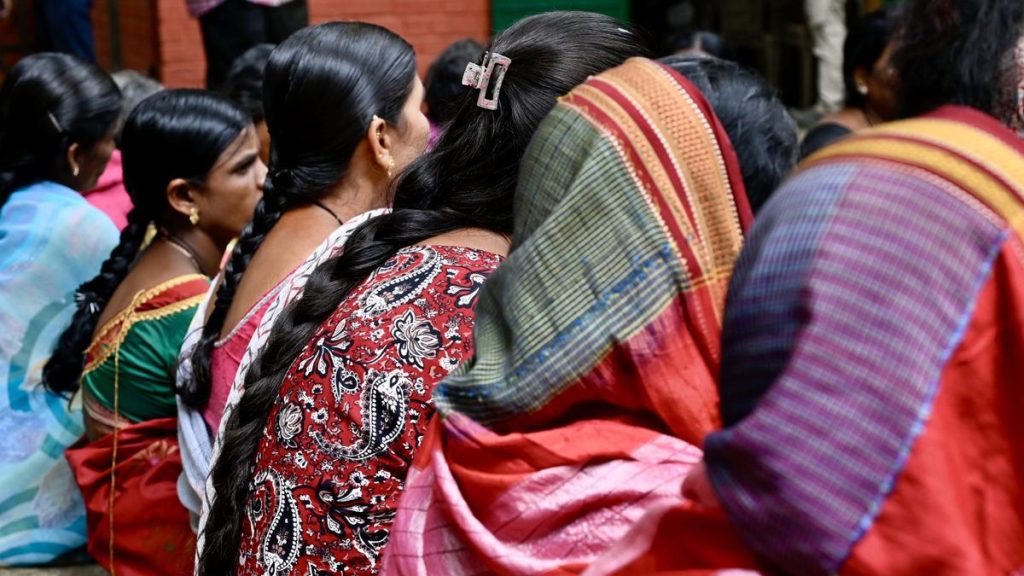Now Reading: BC Reservation Decision Awaits PAC Meeting: Revanth
-
01
BC Reservation Decision Awaits PAC Meeting: Revanth
BC Reservation Decision Awaits PAC Meeting: Revanth
Speedy Summary
- Telangana CM Accusations: Telangana CM A. Revanth Reddy accused the BJP-led Central government of blocking efforts to implement 42% Backward Classes (BC) reservations in local bodies.
- Pending Approval: The BC Bills and an Ordinance to remove the 50% cap under the Telangana Panchayat Raj Act are still awaiting President Droupadi Murmu’s approval after four months.
- Allegations Against BJP: Reddy criticized BJP for opposing the Bill on claims of Muslim inclusion, which he called baseless as muslims were not specifically mentioned within the bill’s proposed reservations.
- Lack of Presidential Access: The Telangana Chief Minister expressed disappointment at not being granted an audience with President murmu despite repeated requests and alleged that BJP leaders had influence over this delay.
- Criticism of BRS Party: He also targeted BRS for allegedly siding with BJP against Congress and questioned their lack of action on this matter.
Indian Opinion Analysis
The ongoing conflict over BC reservation policies highlights a critical juncture in India’s debate on quotas and social justice. While Telangana CM Revanth Reddy accuses the central government of intentional delays, such issues touch upon broader concerns over states’ rights versus central authority when seeking policy enactment.The focus on procedural delays could affect public trust in governance, especially among marginalized communities such as Backward Classes.
If left unresolved, implications may extend beyond Telangana’s political dynamics into wider discussions about federalism, caste-based affirmative action, and quota systems nationwide. Additionally, opposition by BJP citing fears of communal consideration brings attention to how reservation policies often intersect sensitive religious narratives-a challenge India has faced repeatedly in policymaking.
This scenario underlines a need for greater clarity from all stakeholders involved-state governments pushing reforms must provide robust legislative frameworks while central authorities ensure unbiased execution processes without political hurdles. Clear dialog will remain key to bridging complex divides across parties.
























